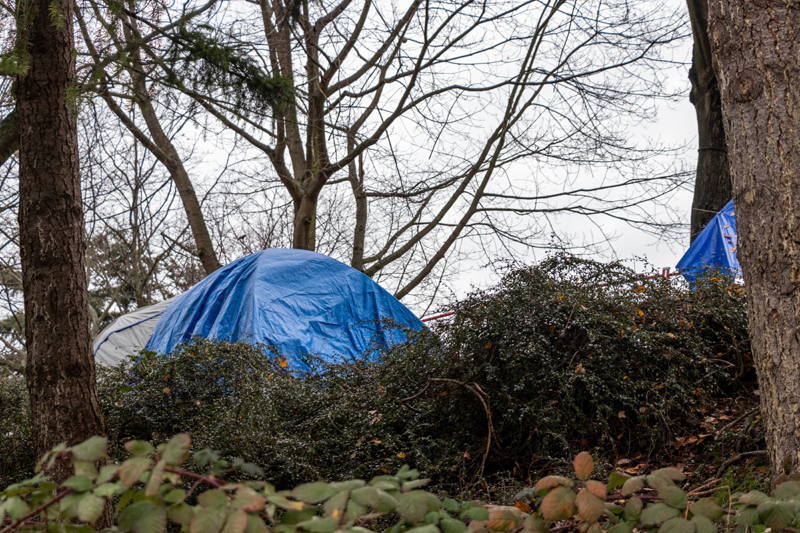
We’re calling on the government to make changes
Our six Calls to Action represent the improvements that we believe need to happen for women to have access to housing justice. They first emerged from compelling discussions that took place at our 2018 symposium.
These Calls to Action re-emerge every year, and our symposium participants have the opportunity to contribute their valuable knowledge to improve and expand the Calls to Action.
Our Calls to Action are worth fighting for
Assess
We review the aspects of our Calls to Action that have been accomplished, those we can put on the backburner, and those that still need our efforts.
Contribute
Participants lend their knowledge and lived expertise to help us evaluate what’s important to women seeking housing.
Rewrite
By the time the symposium winds down, we’re armed with the six Calls to Action we’ll once again present to the federal government.
Send off
These Calls to Action help policy makers take action towards ending women homelessness and providing safe, affordable, and culturally sensitive housing.
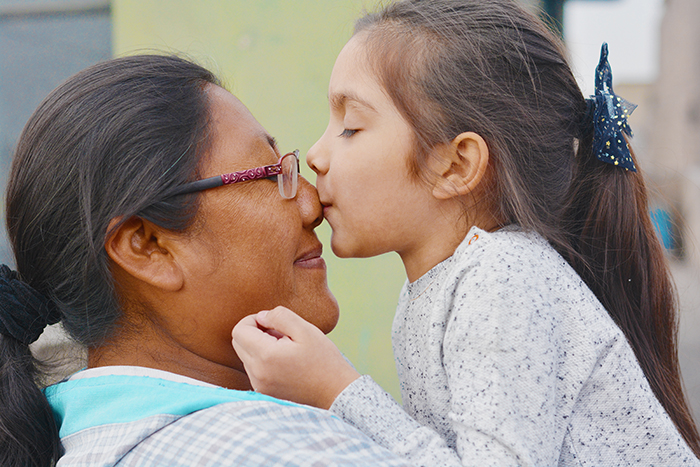
Women need better housing
First Call to Action
Housing and Women with Lived Expertise
We call on the Canada Mortgage and Housing Corporation (CMHC) to consult those most affected when updating the National Housing Strategy. Additionally, the strategy must include the recommendations found within the Poverty Reduction Strategy and the Strategy to End Violence Against Women.
This is what we recommend
Strategies should be put to work, rather than just considered.
Recommendations provided by affected communities must be heard and accommodated.
Funding must contribute to the creation of an accepting culture in housing programs.
Funding must be flexible enough to create various housing models that suit the different adversities faced by women.
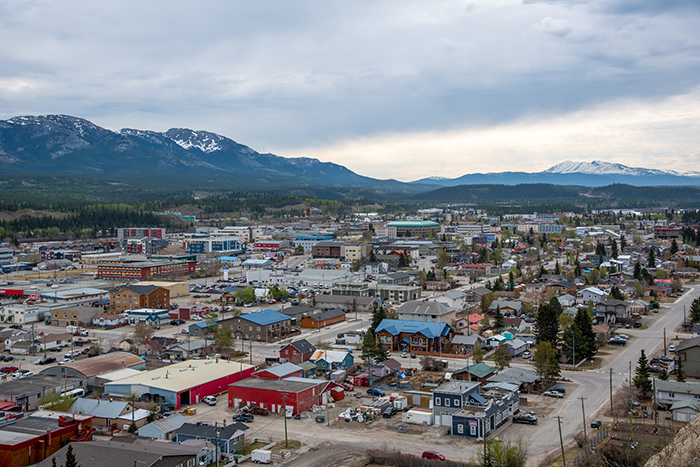
Second Call to Action
First Nations, Métis and Inuit Women's Housing
We call on the federal government to ensure their housing policies have the best interest of First Nations, Métis and Inuit women at heart.
This is what we recommend
Housing must be culturally sensitive and administered by First Nations, Métis and Inuit women.
Housing must have or partner with healing and treatment centers.
Any policy that excludes Inuit from accessing federal shelter funding must be reversed.
Women and children in urban centers and out of Indigenous communities (off reserve) must also feel accommodated.
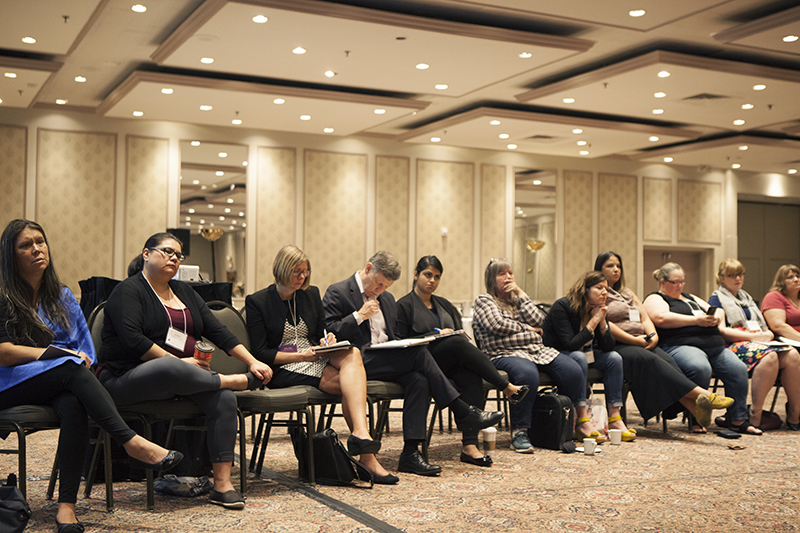
Third Call to Action
Infrastructure Funding for Housing
We call on CMHC to reinstate the Shelter Enhancement Program immediately. The program allows shelter and other kinds of housing for women to exist, and receives 25% of the NHS’s annual funding.
This is what we recommend
A direct relationship with the federal government needs to be established. Access to housing is unequal throughout the country.
Building plans need to better accommodate disabled women.
The federal and provincial governments must be more transparent with their use of funds. This information must be available to the general public, and categorized by project.
Information on available funding from the government needs to be effectively communicated to organizations that can use it.
The application process for grants and funding needs to be simplified. At the moment, this is an insurmountable barrier for certain communities.
Existing infrastructure must be maintained and improved for accessibility.
Affordable housing must accommodate larger families.

Fourth Call to Action
A Voice for Women’s Housing
We call on the federal government and CMHC to consult with us before making major decisions and to provide ongoing funding to the Pan-Canadian Voice for Women’s Housing symposium.
This is what we recommend
A female person familiar with our vision must represent CMHC at our next symposium.
This is what we recommend
A female person familiar with our vision must represent CMHC at our next symposium.

Fifth Call to Action
Operational Funding for Women’s and Women-Serving Organizations
We call on the federal government and broader public sector agencies to provide more funding for women’s and women-serving organizations. Also, community-based front-line workers and organizational staff need better compensation.
This is what we recommend
Funding must be flexible to cover immediate needs wherever and whenever they should arise. The current structure is too rigid to be of use when most needed.
This is what we recommend
Funding must be flexible to cover immediate needs wherever and whenever they should arise. The current structure is too rigid to be of use when most needed.
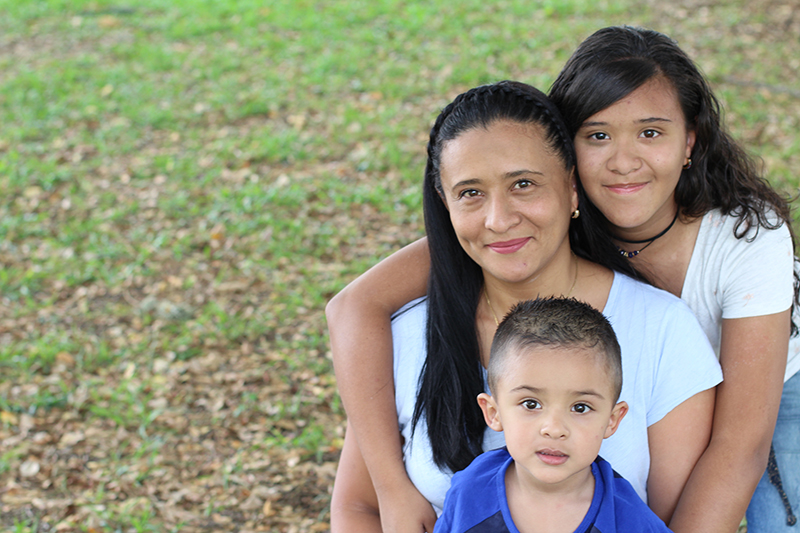
Sixth Call to Action
Women and a Guaranteed Annual Income
We call on CMHC to advocate for a Guaranteed Annual Income program that reflects regional realities. The program should be developed through the input of women from various backgrounds, and it should address their self-identified needs: family preservation, income-appropriate housing, and strong transitional support. It should not diminish a person’s child benefits either.
This is what we recommend
Funding must be flexible to cover immediate needs wherever and whenever they should arise. The current structure is too rigid to be of use when most needed.
A guaranteed annual income must be revisited, especially in light of the success of CERB during the Covid-19 pandemic.
This is what we recommend
Funding must be flexible to cover immediate needs wherever and whenever they should arise. The current structure is too rigid to be of use when most needed.
A guaranteed annual income must be revisited, especially in light of the success of CERB during the Covid-19 pandemic.